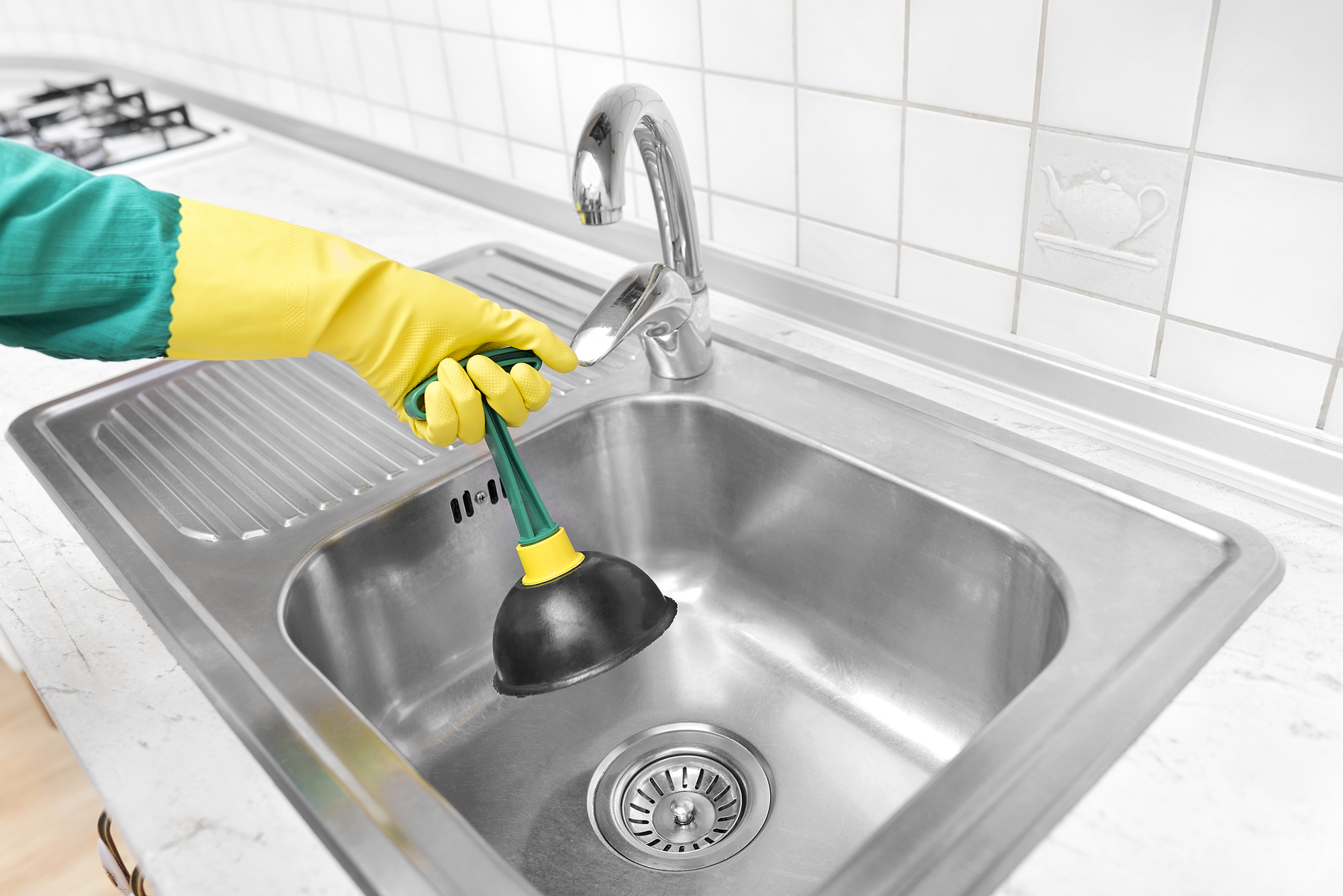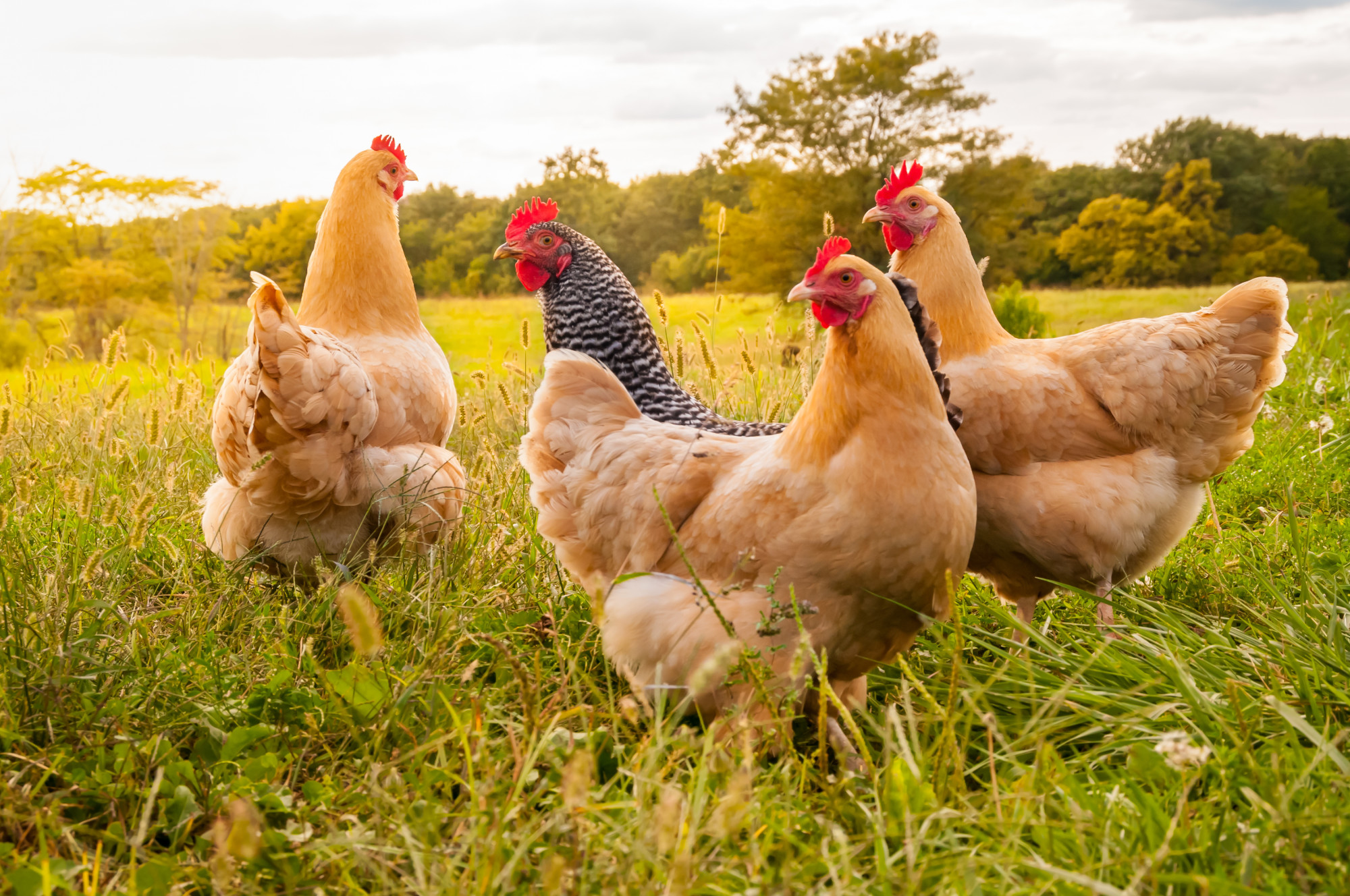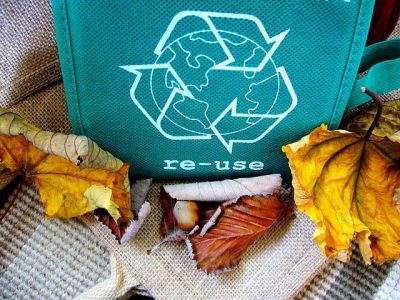Did you know that only five percent of Americans consider themselves hunters? According to this Scientific American article, the number of active hunters has dwindled significantly in recent years. This is probably due in part to the controversy over the negative impact of hunting on the environment.
However, the numbers show that more Americans support hunting now than they did more than a decade ago. The same article states that 80% of Americans support hunting today. That’s up from 73 percent in 1995.
As an eco-conscious person trying to achieve environmental wellness, where should you stand on this issue?
Before we get into it, you should know that not all hunters are created equal. There’s unethical hunting and then there’s ethical hunting.
Keep reading to find out how hunting can hurt — and help — the environment!
Environmental Impacts of Ethical Hunting
Responsible hunters are taught to follow a general code of ethics whenever they head out for game.
This code works to ensure that hunters follow rules and regulations and respect animal life.
Let’s take a closer look at how ethical hunting affects the earth.
Following Hunting Rules Helps Balance Animal Populations
Hunting rules and regulations are formed to prevent hunters from thinning endangered populations and risking extinction. On the flip side, by designating specific seasons for hunting certain species, these rules can also help to control populations that have become too large.
When hunters ignore these rules, they risk upsetting the ecosystem. However, when hunters follow them, they help contribute to a more balanced environment.
To make sure they’re staying within designated hunting zones, ethical hunters often use a hunting GPS, like the ones recommended on Hiking GPS Zone.
Paying Fees Helps Improve the Environment
Whenever hunters pay to renew their hunting license or buy a parking permit, they contribute to environmental improvement. The Department of Natural Resources uses the fees they collect to benefit the earth.
Ethical hunters who faithfully pay these fees indirectly help to preserve nature. In addition, many hunters choose to directly support organizations that help conserve the environment.
Respecting Animal Life Prevents Unnecessary Pain and Waste
While ethical hunters still take animal lives, they do so in as humane a way as possible. That means using the right weapon and educating themselves so that they can make a clean kill.
It also means that if they fail to kill the animal with the first shot, they won’t just let the wounded animal get away. Ethical hunters will continue to track the animal to make sure they put it out of its misery.
When you respect animal life, you want to avoid causing an unnecessarily painful death. In addition, you take your role in ending that life seriously. What that means is that even if you’re trophy hunting, you still make use of as much of the animal as possible.
And that’s it for our breakdown of the impact of hunting on the environment. To learn more about how you can be a more responsible earthling, check out more of our eco-friendly tips!










